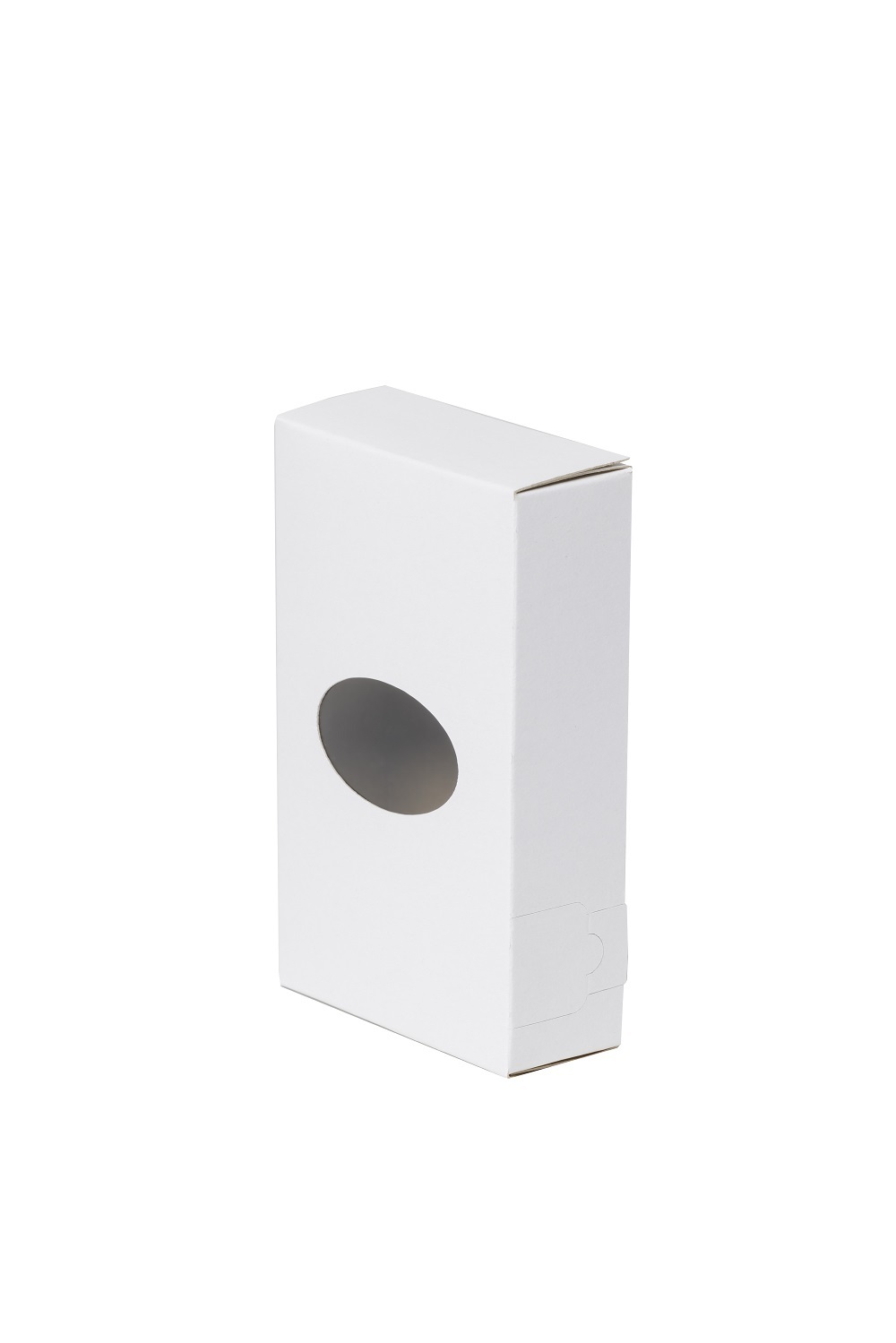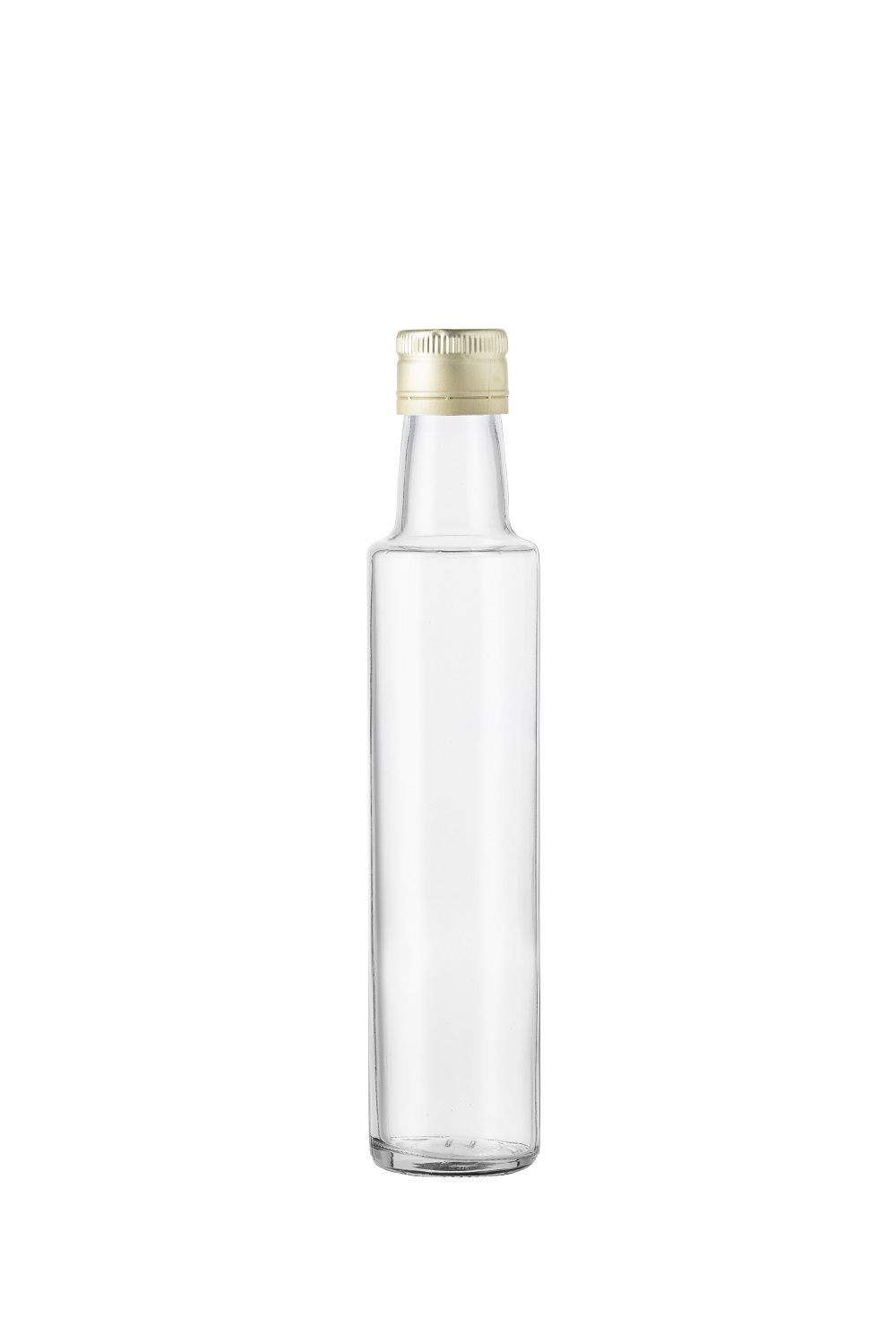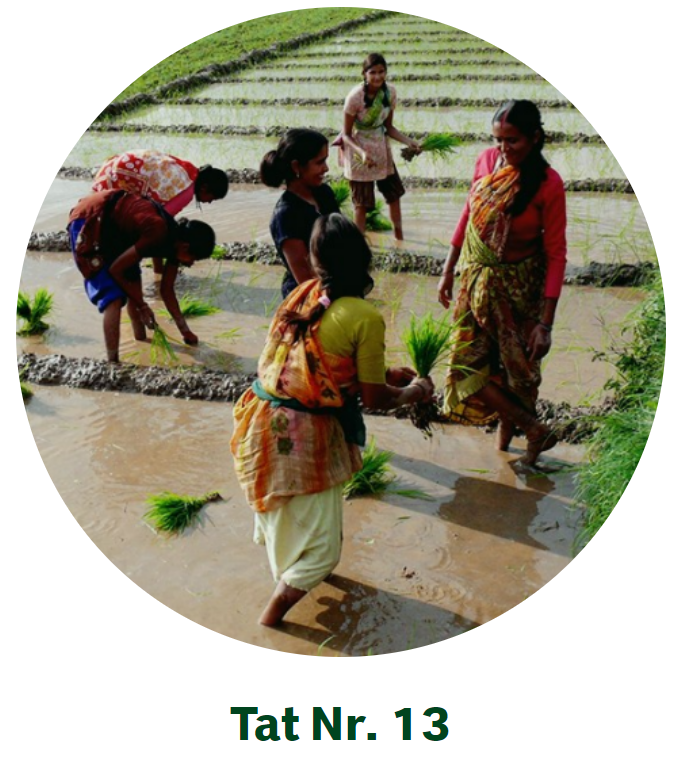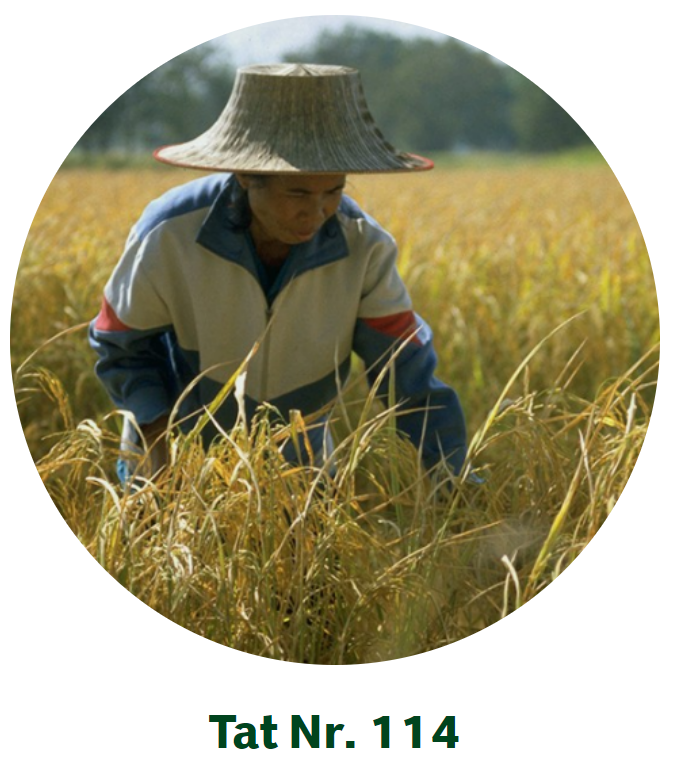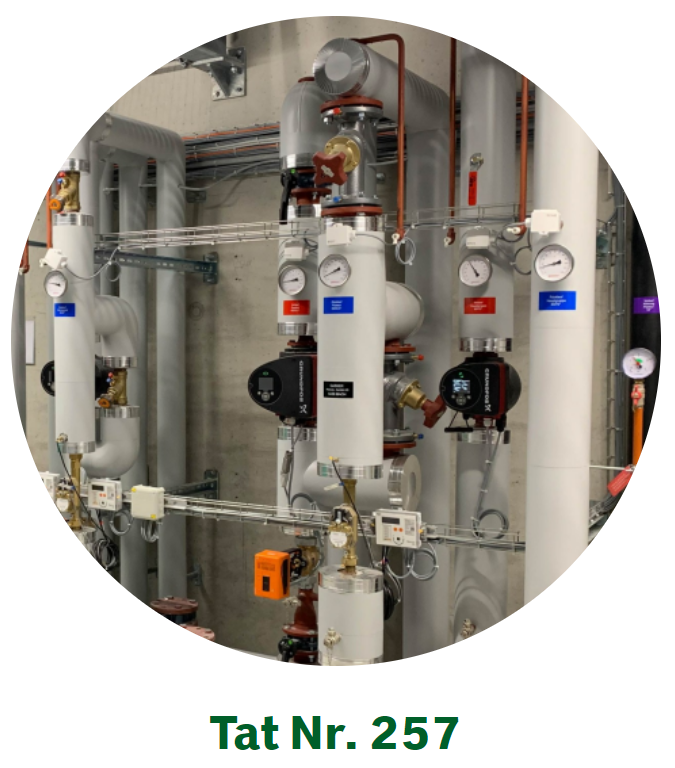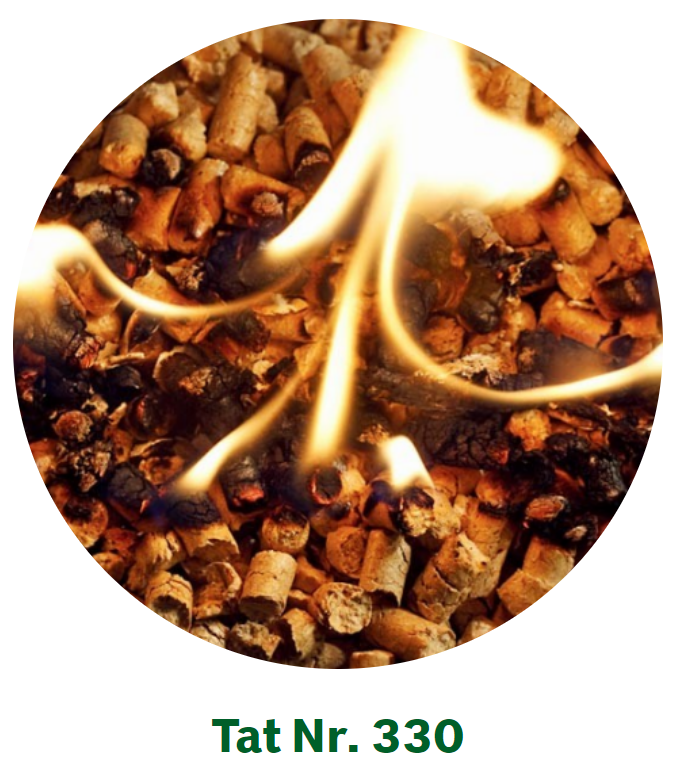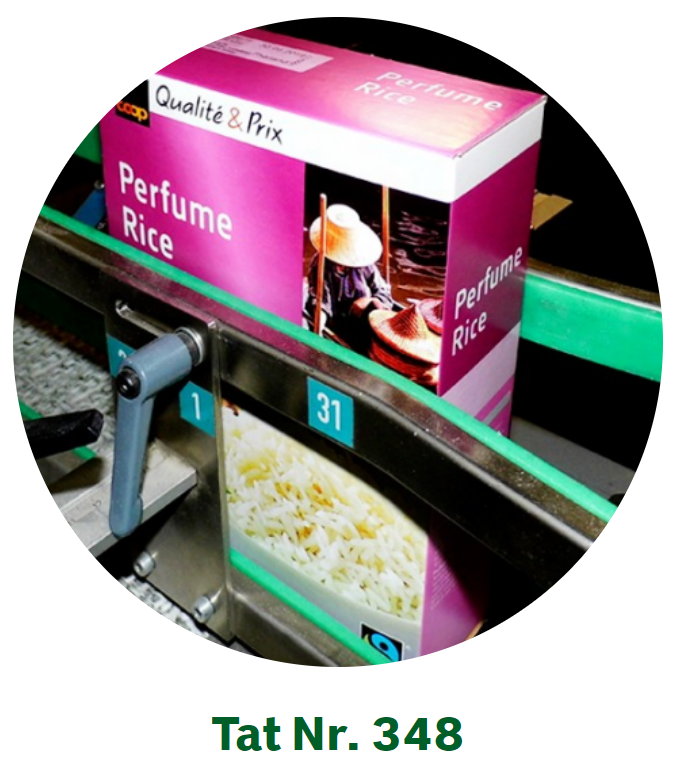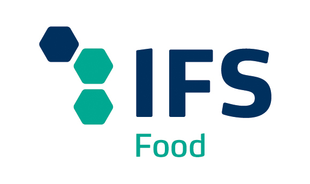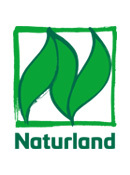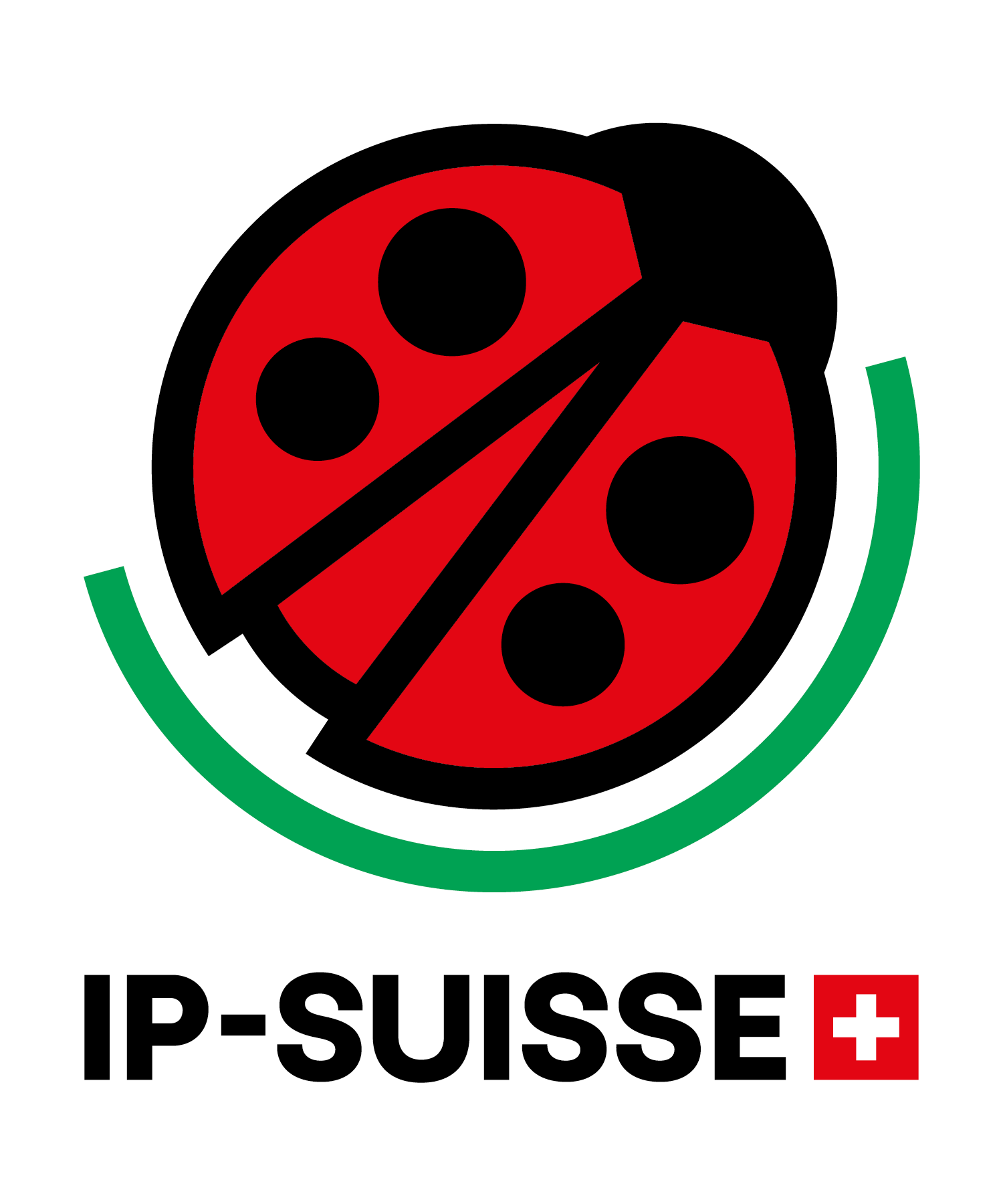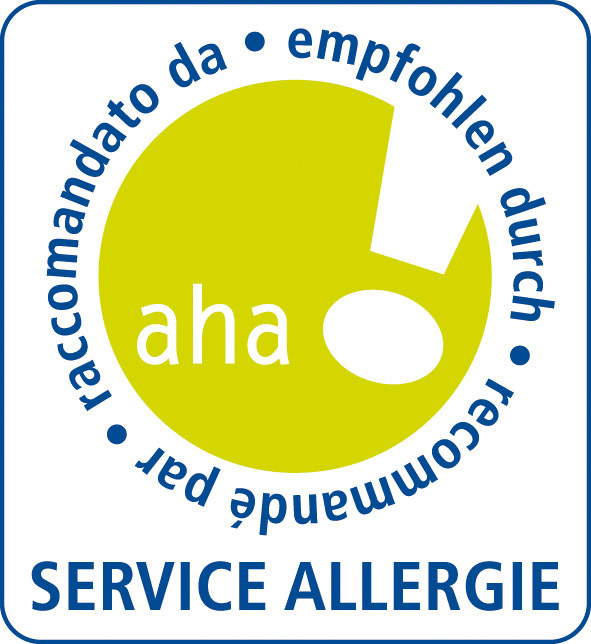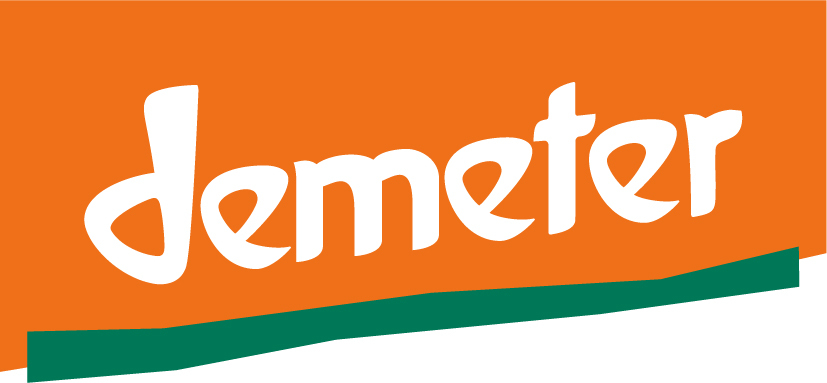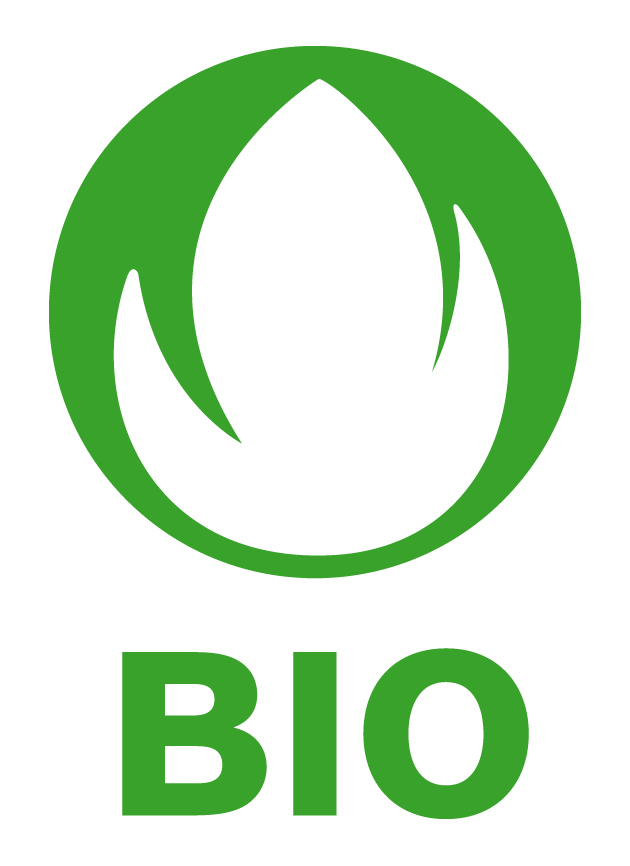Cookies
Um unsere Webseite für Sie optimal zu gestalten und fortlaufend zu verbessern, die Nutzung zu analysieren und personalisierte Werbung zu schalten, verwenden wir Cookies und ähnliche Technologien.
 Shop
Shop
Rice
Sustainability
Sustainability -
For the only world we have
Sustainability in the environmental and social sense is an integral part of our business activities - firmly anchored in our strategy for years.
We act responsibly along the entire value chain. From seed to customer.
We create transparency and focus on long-term, strong partnerships and joint solutions.
For people and the environment - for the only world we have!
Procurement
The Reismühle Nutrex aims to consider not only economic but also social, ethical, and ecological aspects when sourcing products.
The business partners of Reismühle Nutrex must ensure adequate wages and humane working conditions for their employees and provide social-ethical certification.
The packaging complies with current food regulations. It should use as little material as possible, generate a low volume of waste, and ideally be biodegradable
Energy and
Environment
We handle all resources carefully and strive to continuously improve. At the Brunnen production site, we have been producing in a CO2-neutral manner for many years.
Careful handling of food is very important to us. The principle of "avoidance comes before recycling and disposal" applies:
- We give food that can no longer be sold but is still in perfect condition to "Tischlein deck dich" free of charge.
- By-products from the rice mill, such as milled flour or broken rice, are 100% recycled, for example for animal feed.
- Waste is consistently separated and recycled.
2022
Project optimization in production to sustainably improve yield.
2020
Reduction of plastic by 12% and switch to recycled material for the bottles.
2017
Switch from virgin fiber folding cartons to packaging with migration (Foodboard). This prevents the migration of mineral oils, is recyclable, and thus environmentally friendly.
2015
Approximately 1.8 million consumer packages have been filled with Fairtrade rice.
More than 3,500 farmers are now active in our projects in India and Thailand.
2014
The Basmati rice from Reismühle Nutrex is awarded the Gourmet Bud by Biosuisse. This rice is cultivated in North India for Reismühle Brunnen as part of the Fair-Trade project "fair & good."
2013
Switch to FSC paper and cardboard packaging.
2012
Reismühle Nutrex is certified with Naturland.
Establishment of Global Gap standard in Italy.
Launch of BSCI campaign with all suppliers from high-risk countries.
2011
Installation of a photovoltaic system on an area of 870 m² with a capacity of more than 100,000 kWh per year (connected to the public grid on 04.10.2011).
Start of a sustainability project for rice procurement in India and Thailand focusing on poverty reduction (Fairtrade), organic farming, biodiversity, greenhouse gas reduction, and water management in the primary sector.
2010
Revision of strategy and integration of sustainability into mission and strategy.
2008
Conversion of the lighting system to automatic on and off switching based on motion detection.
2005
Achieving the ISO 14001 environmental certification.
2004
Voluntary agreement with the Energy Agency of the Swiss Private Sector (EnAW) as an independent consulting company.
Introduction of the third variety of fair-trade rice from India in a pilot project.
2003
Installation of heat recovery from compressed air compressors.
Introduction of the second variety of fair-trade rice from Thailand.
First rice mill in the world with the social-ethical certification SA8000.
2002
Expansion of electric thermal storage heaters and switch to heat generation from heat pumps.
Introduction of the first fair-trade rice from Thailand.
1997
Introduction of the first variety from organic farming.
1995
Use of energy-efficient motors for new acquisitions.
1987
Switch from heat generation using heating oil to electric thermal storage heaters.
Reporting Office
Our reporting process, via the Reporting Office, is aimed at enabling our employees, business partners and stakeholders along the supply chain to report illegal or unethical conduct. Among other things, violations of criminal law, antitrust law, employment law or infringements of data protection can be reported to us.
